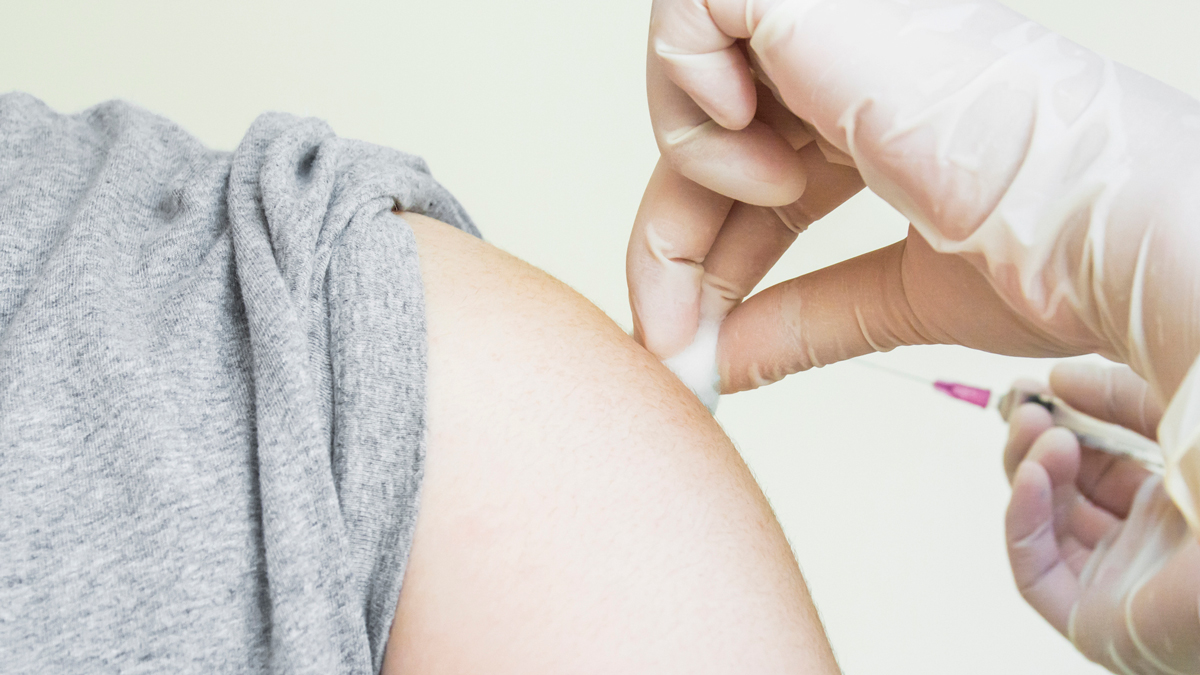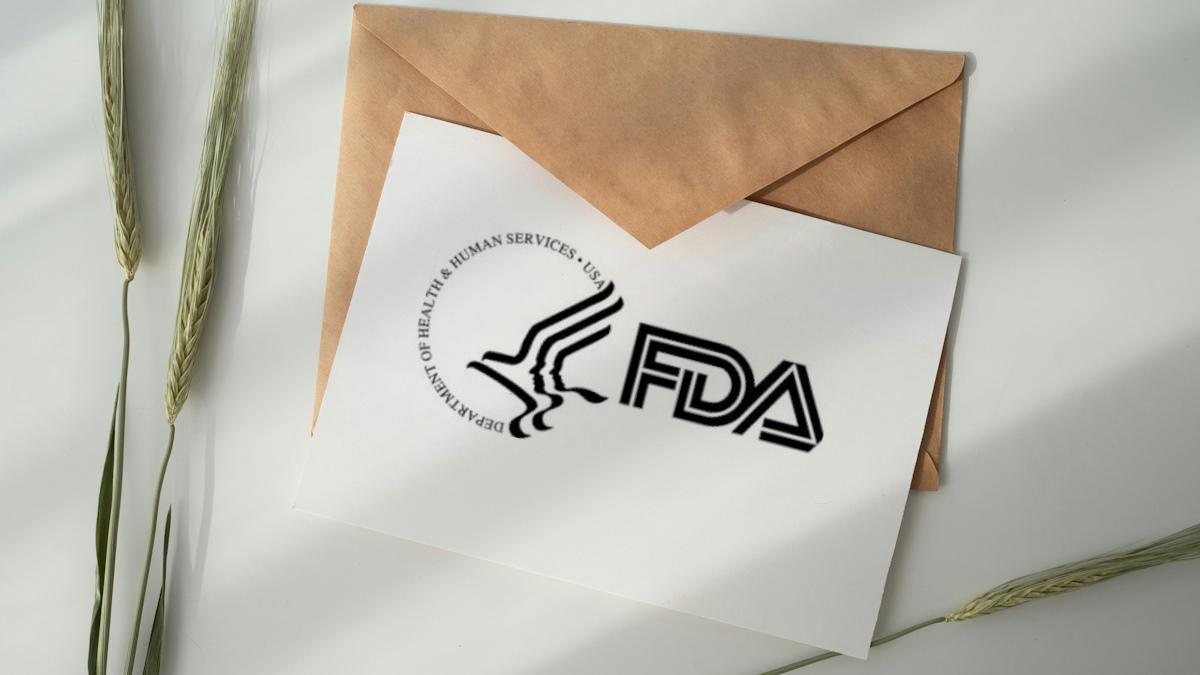Sanofi and Translate take first mRNA flu vaccine into clinic

Sanofi and Translate Bio have started a first clinical trial of an mRNA-based seasonal flu vaccine, adding to the COVID-19 shot already in testing as part of their three-year old collaboration.
Enthusiasm for mRNA vaccines is riding high amid the successful rollout of COVID-19 shots from Pfizer/BioNTech and Moderna, and attention is now turning to the possibility of using the approach to tackle other infectious diseases.
Influenza is a likely candidate, as the virus changes rapidly, which can make it hard to anticipate the right strains to target ahead of the annual flu season. mRNA vaccines can be developed very quickly and – if the results of COVID-19 vaccine trials are applicable – could offer a more potent option to conventional flu shots.
Using an mRNA approach also means that if the annual prediction of the likely circulating strain in the following season proves to be incorrect, vaccine developers could quickly tweak their shots to compensate.
"We've all witnessed the promise of mRNA technology during this pandemic and are now looking to extend that promise to select annual vaccines," commented Jean-François Toussaint, global head of R&D at Sanofi's vaccine division Sanofi Pasteur.
In their first trial, Sanofi and Translate are testing a vaccine against a flu strain called A/H3N2, which according to the companies tends to cause more severe illness, especially among those considered at-risk such as older adults and younger children.
The US-based trial will enrol up to 280 participants aged 18 to 49 and will evaluate the safety of the mRNA vaccine candidate given at several dose levels, as well as its ability to stimulate an immune response against H3N2.
Sanofi and Translate have been working together since 2018, when they agreed to develop mRNA vaccines for up to five infectious diseases.
The alliance was extended last year to include additional vaccine candidates, with Translate getting a $425 million in the form of an upfront payment and equity investment from the French drugmaker.
It is also eligible for potential future milestones and other payments up to $1.9 billion, including $450 million of milestones from the original 2018 agreement.
In March, the two partners started a phase 1/2 trial of their mRNA-based COVID-19 vaccine candidate MRT5500, with initial results expected in the third quarter of this year.
The shot will likely come too late to feature in primary vaccination programmes in high-income countries, but could be used in annual booster campaigns against emerging variants once COVID-19 becomes an endemic disease, and as an option for vaccination low- and middle-income countries.












